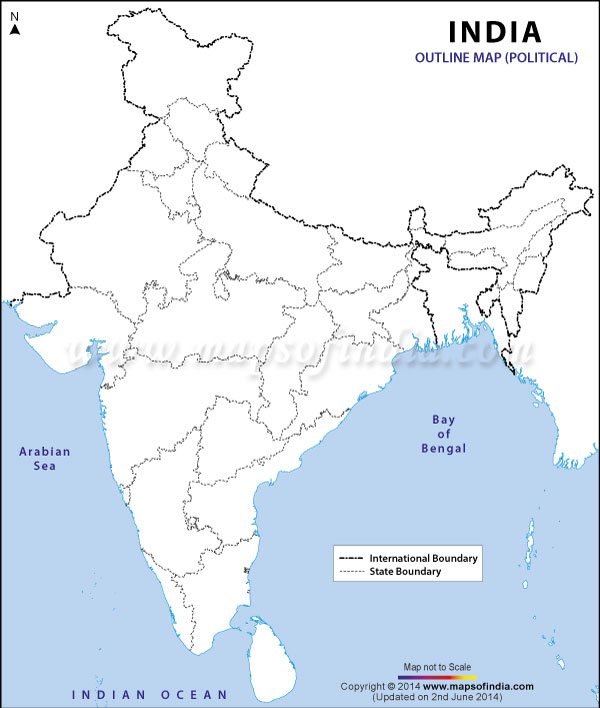Politics, at its core, refers to the activities, actions, and policies used to gain and hold power in a government or to influence the decisions and actions of public institutions. It’s not just about politicians; it’s a broader system of governance that involves negotiation, debate, policy-making, and the distribution of power. Politics is intrinsic to the functioning of societies, from the smallest local community to global international relations. It shapes everything from laws and economic policies to cultural norms and individual freedoms.
The Essence of Politics
The word “politics” comes from the Greek term “politika,” which means affairs of the city. It is concerned with how decisions are made, who makes them, and the structures that hold power. These decisions, often influenced by differing interests, values, and ideologies, affect the way resources are distributed, how conflicts are resolved, and how societies organize themselves.
Politics involves the dynamics of power, which can be seen in the interaction between various groups, such as political parties, interest groups, governments, and the electorate. These interactions can take place at various levels: local, national, and international.
Types of Political Systems
There are various political systems around the world, each with its own approach to governance. Some of the most common include:
- Democracy: In a democracy, power is vested in the people. Citizens have the right to vote, express their views, and participate in the decision-making process. It’s the foundation of many Western nations, like the United States, Canada, and much of Europe.
- Authoritarianism: In authoritarian regimes, power is concentrated in the hands of a single ruler or a small group. The people have limited political freedoms, and political opposition is often suppressed. Examples of authoritarian regimes include North Korea and Saudi Arabia.
- Monarchy: A monarchy is a form of government in which the state is headed by a king, queen, or emperor. Monarchies can be either absolute, where the monarch has total power, or constitutional, where the monarch’s powers are limited by a constitution, as in the United Kingdom.
- Communism: A political system based on the ideas of Karl Marx and Lenin, communism seeks to create a classless society where the state controls all means of production. Countries like China, Cuba, and Vietnam follow elements of communist political ideologies.
The Role of Ideology in Politics
Political ideologies are sets of beliefs about the best way to organize society, economy, and government. Some common ideologies include:
- Liberalism: Advocates for individual liberties, democracy, free markets, and limited government interference in the personal lives of citizens. It values social progress, human rights, and equality.
- Conservatism: Prioritizes tradition, social order, and the preservation of established institutions. Conservatives tend to be skeptical of rapid social change and prefer a more gradual evolution of societal norms.
- Socialism: Emphasizes equality and the redistribution of wealth. Socialists argue for greater government intervention in the economy, public services like healthcare and education, and a reduction in economic inequality.
- Fascism: A far-right authoritarian ideology that emphasizes dictatorial power, forcible suppression of opposition, and strong nationalism. Fascism often includes extreme militarism and a rejection of democratic values.
- Anarchism: Advocates for a society without government or hierarchical structures, believing that individuals should govern themselves freely and without the coercion of the state.
Political Institutions
Politics is carried out through various institutions, each with a specific role in maintaining the structure and functioning of society. These include:
- The Executive: The executive branch of government is responsible for enforcing laws and running day-to-day operations of the state. In democracies, this includes the president, prime minister, and their appointed officials.
- The Legislature: The legislature is where laws are made, debated, and enacted. In most democratic countries, this consists of elected representatives who draft and pass laws, such as the U.S. Congress or the British Parliament.
- The Judiciary: The judiciary interprets laws and ensures they are applied fairly. Courts, judges, and legal frameworks make up this branch of government.
- Political Parties and Movements: Political parties are organized groups of people who share similar political beliefs and work together to influence policy. Movements can also be informal but play an important role in advocating for change (e.g., civil rights movements, environmental movements).
The Importance of Political Participation
Political participation is essential to the health of any political system. It includes activities like voting, protesting, lobbying, and engaging in public debate. In a democracy, voting is one of the most direct ways citizens influence their government, but political engagement goes beyond the ballot box. Civil society plays a critical role in holding government accountable, demanding transparency, and ensuring policies align with public needs.
Politics and Global Relations
Beyond national politics, global politics involves the interactions between different countries and global organizations like the United Nations, World Trade Organization, and International Monetary Fund. Issues like climate change, trade, war, human rights, and terrorism are part of international relations, which also plays a significant role in shaping national policies.
